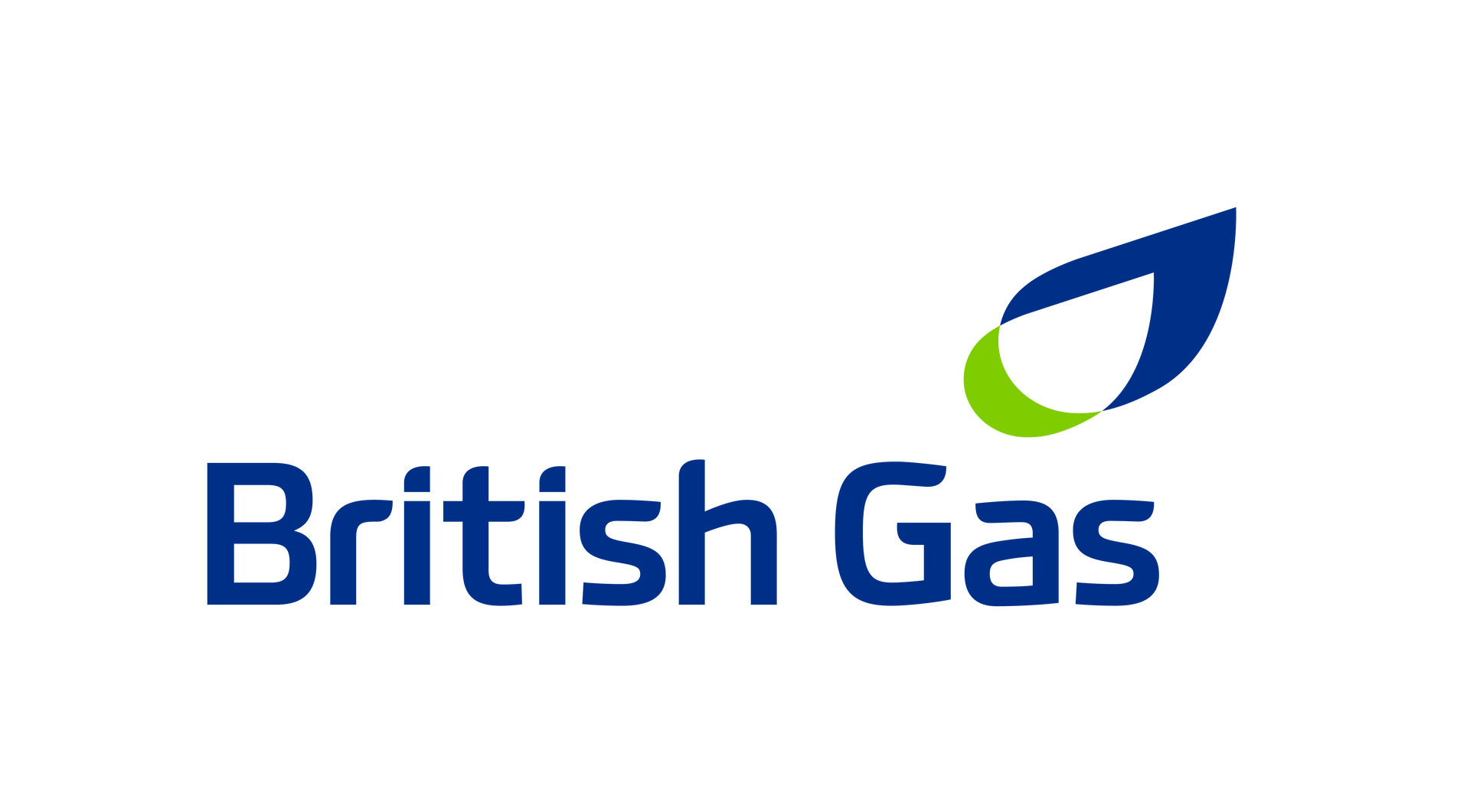We spoke to Jonathan Sykes, Executive Chairman at Carbon Intelligence, about the opportunities that organisations can embrace on the journey to net zero, and the role that data plays in getting them there.
Organisations who plan to wait until 2050 are exposed to various policy risks, costs and missed opportunities. While most sustainable business leaders are already basing their decarbonisation strategy on scientific data, our research found that it’s uncommon elsewhere. Just 15% of followers have put scientific data at the heart of their decarbonisation strategy.
As part of our new report, Why wait to pursue net zero? Build a sustainable business model now, we interviewed Jonathan Sykes, Executive Chairman at Carbon Intelligence, who help businesses understand their overall carbon footprint and take action to reduce it. Here, he explains the important role that data plays in helping businesses harness opportunities and overcome challenges on the road to net zero.
Many companies set net zero targets for 2030, 2040, 2050 – what are some of the challenges that organisations come up against most in achieving these?
Every company is at a different stage on the road to net zero, and each company has their own drivers. As people understand more about both the problem and the opportunity, they are increasingly understanding that this is not a tactical project.
In some ways, decarbonisation is not different to how you’d approach any problem or opportunity. Number one, you have to really understand it. Number two, you need a great plan. And number three, you need to execute it. One of the problems organisations often get into with their net zero plans is that they haven't totally understood the opportunities, nor have they totally understood the risks, and therefore they get a misalignment at the top table.
We work with some organisations that want to go quicker than we think is realistically possible, and there are others that we encourage to be more ambitious. It’s important that organisations set realistic targets to reduce their carbon emissions. Net zero plans must absolutely be about making reductions first – you need to reduce your carbon emissions, and then you can look at offsets for anything you really can’t reduce. Once you have the right plan in place for this, you need to commit the right time, energy and resource to implementing it.
If organisations are not aligned with a net zero pathway, then they are adding to unnecessary and unsustainable risk. In the years ahead, there will be more compliance, there will be more regulation, but there will also be more incentives – particularly as governments’ commit to ‘build back better’. All companies should want to take advantage of this and maximise the opportunity.
What are some of the opportunities that organisations can embrace on their journey to net zero?
People have been talking about the importance of reducing carbon for some 20 years. But in the past 12 months the conversation has shifted from being a tactical compliance issue, to having strategic urgency. It’s become a really positive zeitgeist. And, of course, that opens up lots of opportunities.
In the past, the action that businesses were taking was often driven by the penalties they faced for inaction. It was only leading-edge people that realised they could use decarbonisation to improve the bottom line. It’s not seen the same way anymore. We sit down with businesses from all sectors – from asset managers, to the hospitality supply chain – and they all realise there are real opportunities here. They really understand that consumers and investors care, and that there are genuine P&L benefits to doing this correctly over a period of time.
There’s huge opportunity in actively portraying to your customers that you’re engaged in reducing your carbon – it can deliver both a net operating income advantage, as well as a capital assets advantage. Equally, if organisations don’t take advantage of those opportunities, there’s a real risk of being left behind when competitors do. You’ll be disadvantaged with your investors, with your customers, with your staff, and in the allocation of capital. There's great benefit to taking positive, determined, committed action - and a real detriment for not doing so.
Another opportunity that’s often talked about is the ability to reduce your cost base. If there was a huge amount of wasted energy and this is rectified, obviously you’ll save money. In addition to this though, we can expect to see government incentives and disincentives become very prevalent in the years ahead. If organisations position themselves to ensure they can take advantage of local, regional or central incentives, they are going to benefit from them. Equally, there’s likely to be increasing amounts of disincentives for those organisations who don’t progress their net zero journey.
Finally, there’s also opportunity from a workforce perspective. People who feel that they’re contributing to a clear and genuine purpose are happier and more productive. Engaging your staff and interweaving sustainability into your culture can have real workforce productivity benefits and will be appealing to potential new hires too.
What role does data play in the journey to net zero?
Businesses are governed by understanding of income, revenue and costs. I’ve been fortunate enough to run quite a few businesses, and if I didn’t really understand the cost of a certain thing, it certainly made it more difficult for me to drive destinations.
The problem is that too many decisions are still being made on bad data. And particularly when you consider Scope 3 emissions, that really matters. Organisations are so interdependent and co-dependent, if you’re acting on the bad data of one of your suppliers, that’s a real problem. It’s really difficult to properly plan unless you have clarity on what your Scope 3 emissions are. It was important beforehand, but even more so now that many organisations are signing up to science-based targets.
At the end of the day, when an organisation declares themselves at net zero, they cannot have based their calculations on incorrect data. I passionately believe that in order to get to net zero, you first need to get the right data, and then you need to understand what to do with it. At Carbon Intelligence, that’s not just our advice, it’s our DNA.
British Gas Business
As the UK makes it's way towards net zero, don't let your business be left behind. Discover more about how we can help you become sustainable below

